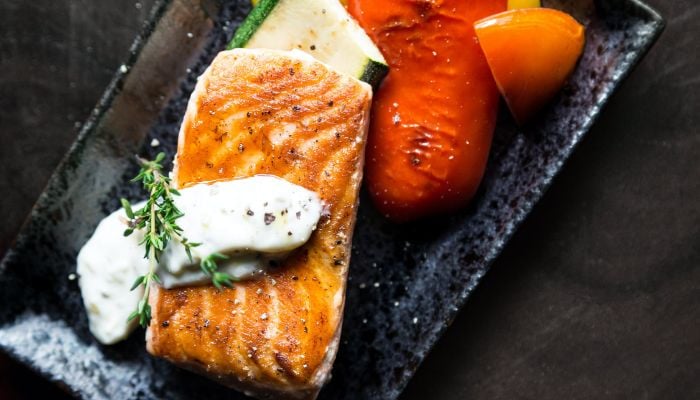Anti-anxiety diet you should know of
There are many ways to manage anxiety, such as therapy and medication, but anti-anxiety diet can also play an important role in reducing anxiety symptoms
Anxiety is a common mental health disorder that affects millions of people worldwide. While feeling anxious is normal and only the brain's way to protect us, excessive worry can be unhealthy. Therefore, anti-anxiety diet is something all of us should know of.
There are many ways to manage anxiety, such as therapy and medication, but diet can also play an important role in reducing anxiety symptoms.
Eat foods that boost serotonin levels
Serotonin, also known as the happiness hormone, is a neurotransmitter that is responsible for regulating mood, appetite, and sleep. Low levels of serotonin have been linked to depression and anxiety, studies have shown. Eating foods that boost serotonin levels can help alleviate anxiety symptoms. Here are some examples:
Complex carbohydrates: Foods such as whole grains, fruits, and vegetables contain complex carbohydrates that stimulate the production of serotonin. Complex carbohydrates take longer to digest and provide a sustained release of energy, which helps stabilise mood and reduce anxiety. However, it is important to consult your dietician who can tell you about your specific needs based on your body.
Omega-3 fatty acids: Omega-3 fatty acids are essential fats that are found in fatty fish such as salmon, mackerel, and sardines. They have been shown to reduce inflammation in the brain and increase serotonin levels. Researchers believe it can improve mental health.
Tryptophan: Tryptophan is an amino acid that is found in foods such as turkey, chicken, eggs, and cheese. It is a precursor to serotonin and can help boost serotonin levels in the brain, according to some experts. A medical professional can or nutritionist can guide you even better.
Avoid foods that trigger anxiety
Certain foods can trigger anxiety symptoms in some people. Here are some foods to avoid caffeine, sugar, and alcohol.
Caffeine is a stimulant that can increase heart rate and trigger anxiety symptoms. High-sugar diets have been linked to anxiety and depression as well.
While alcohol can initially have a calming effect, it can also disrupt sleep and increase anxiety symptoms.
Incorporate gut-healthy foods
There is a growing body of research that suggests a strong link between gut health and mental health. Eating gut-healthy foods can help improve gut health and reduce anxiety symptoms. Gut-healthy foods to incorporate into your diet include fermented foods, prebiotic foods, and anti-inflammatory foods.
-
Oprah Winfrey talks about weight-loss 'tool to manage' health
-
How the world lost Whitney Houston to overdose
-
Late Ozzy Osbourne's 'terribly challenging' life with Parkinson's Disease
-
Emerging health threat: Toxic chemicals found in headphones, raising safety concerns among teens
-
Halsey’s rare health struggle you didn’t know about
-
Angelina Jolie and Brad Pitt mental health struggle amid divorce
-
Peter Dinklage shares achondroplasia struggle: 'My whole life I've had stares'
-
Celine Dion’s private battle with Stiff Person Syndrome













